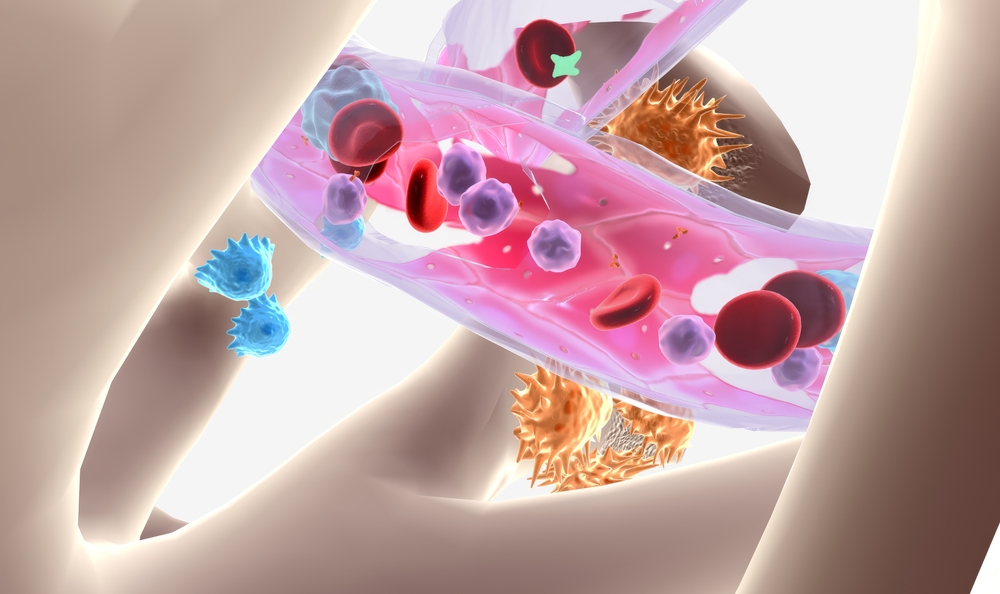A new study has identified a more accurate way to predict whether patients with multiple myeloma, a type of blood cancer, are likely to relapse early after treatment.
A study conducted by a team of researchers at the Institute of Cancer Research in London found that combining two types of genetic testing significantly increases the likelihood that doctors will identify patients with multiple myeloma who are at risk of early recurrence.
The results of this study demonstrate that combining traditional DNA profiling with new RNA gene expression tests can significantly improve the ability to identify patients at risk for early recurrence.
Researchers suggest that early detection of high-risk patients can help doctors create personalized treatment plans, potentially improving survival rates and quality of life.
Supports comprehensive genetic testing
The results support more comprehensive genetic testing at diagnosis to better guide treatment and disease monitoring for multiple myeloma, which affects more than 33,000 people in the UK.
Some patients with multiple myeloma respond well to standard treatments, but others experience early recurrence even though they had no signs of high risk at the time of diagnosis.
The study followed 135 of these patients for more than seven years and found that 18.5% of patients relapsed within 18 months after stem cell transplant.
The results showed that 84% of these early recurrences could be predicted by using two types of genetic testing together. Only two patients had a truly unexpected early recurrence, meaning they had no known risk markers at the time of diagnosis.
Identifying high-risk multiple myeloma patients
The proposed gene expression profiling test assesses the activity of specific genes and can identify high-risk multiple myeloma patients who may be missed by other tests.
The Royal Marsden, a cancer hospital in London, plans to introduce a gene expression profiling test (MMprofiler) and make it available to patients in early 2026.
This test improves the accuracy of diagnostic assessments and allows consultants to better understand the behavior of myeloma cancer cells before planning treatment.
Study leader Professor Martin Kaiser, Professor of Molecular Haematology at the Institute of Cancer Research in London and Consultant Haematologist at the Royal Marsden NHS Foundation Trust, explained: “Current treatments work very well for many patients, but some patients respond poorly and relapse early. Some patients have relapsed early after treatment, even though they had no known high-risk signs at the time of diagnosis.”
“The combination of DNA profiling and RNA-based testing will change the way we diagnose and treat diseases, allowing us to personalize care and intervene earlier in patients who are most at risk.”
Transform patient care with highly accurate diagnostics
Researchers have developed a more accurate way to predict early recurrence of multiple myeloma, which affects thousands of people in the UK and many more around the world, by combining DNA and RNA tests.
“This is a powerful example of how highly accurate diagnostics can transform patient care. By identifying high-risk patients earlier and more reliably, clinicians can adjust treatment plans from the start, potentially improving both survival and quality of life,” said Professor Christian Herrin, Chief Executive of the Cancer Research Institute.
“It also allows for more efficient use of medical resources, ensuring the right patients receive the right treatment at the right time.”
Shelagh McKinlay, research and advocacy director at blood cancer charity Myeloma UK, added: “We believe that advanced genetic testing has the power to transform the treatment of myeloma.
“By identifying which patients are most likely to relapse and become unresponsive to currently available drugs, we can improve the lives of thousands of people with this incurable cancer.”
Source link

